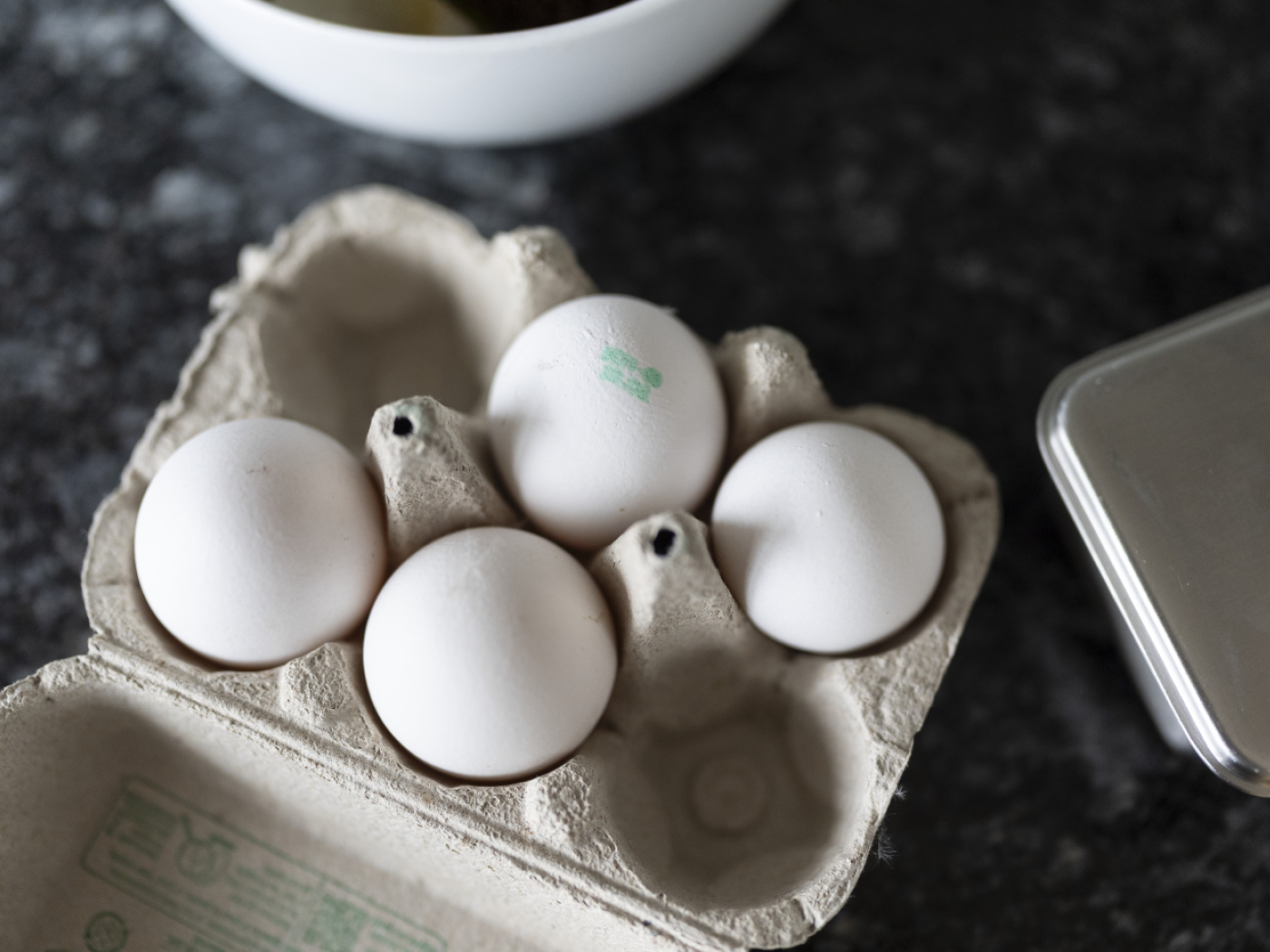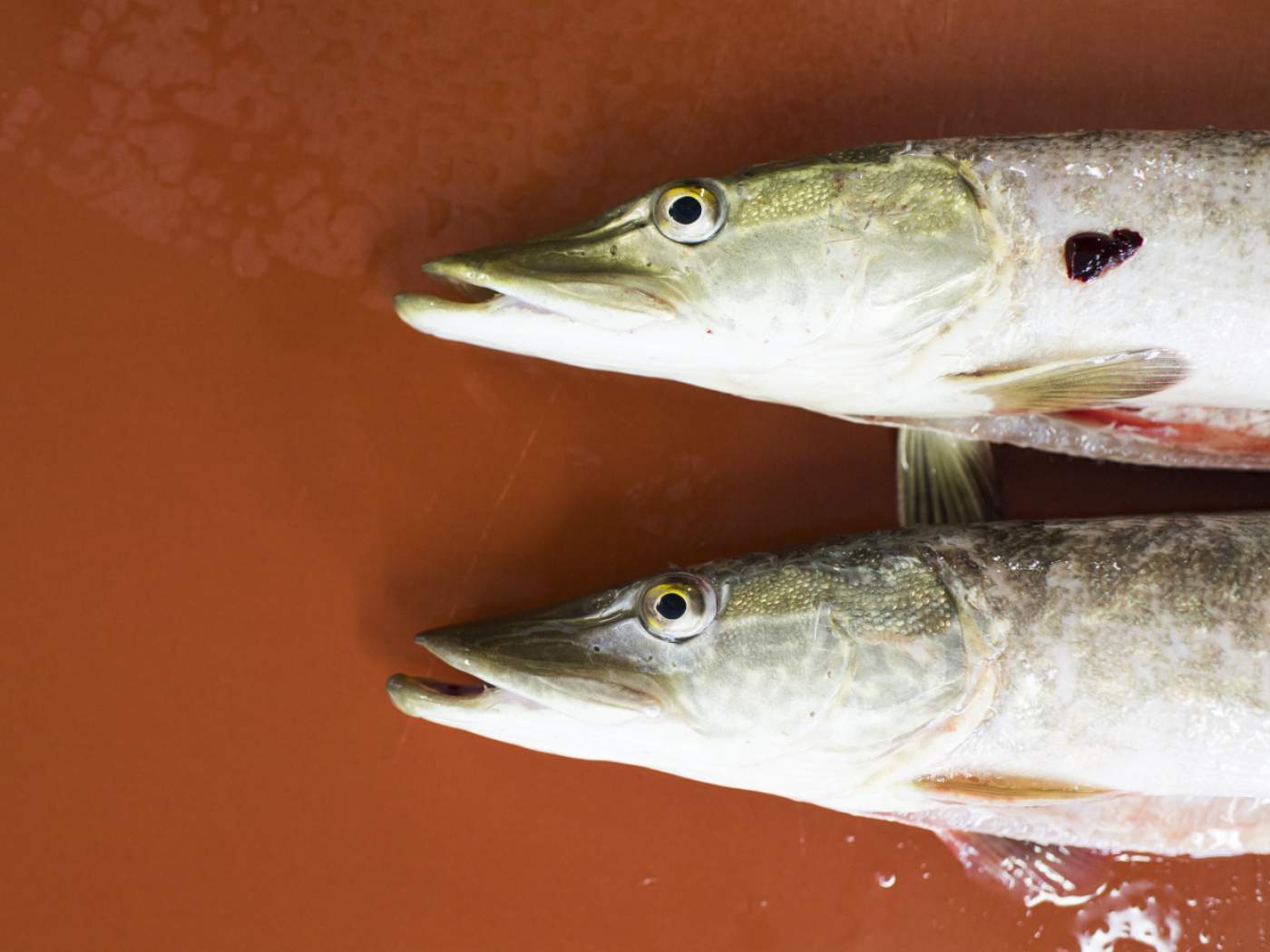
PFAS limits largely respected in Swiss animal-source food

The Swiss authorities have analysed almost 900 food products of animal origin for the presence of PFAS, so-called "forever chemicals". Only seven samples showed values above the authorised limit.
+Get the most important news from Switzerland in your inbox
They concerned beef (five samples), chicken’s egg (one) and fish (one). This represents 0.8% of the meat, fish and egg samples analysed in Switzerland and Liechtenstein, the Federal Office for Food Safety and Veterinary Affairs (FOSV) said on Monday in a joint press release with the Association of Cantonal Chemists.
Overall, perfluorinated and polyfluorinated alkyl compounds (PFAS) are widespread and detectable in low concentrations in all food categories. However, the foodstuffs available on the Swiss market largely comply with the maximum value limits currently in force.
In the case of non-compliant samples, the cantonal chemists have ordered measures to be taken to ensure that the maximum values are not exceeded in future.

More
Swiss authorities impose ban on sale of PFAS-tainted fish
Dairy products
As part of their checks, the cantonal chemists took 889 samples, including 401 of meat, 282 of eggs and 206 of fish, from various companies. Around 70% came from Switzerland or Liechtenstein and 30% were imported.
The OSAV also analysed 276 samples of milk and milk products, for which there are no legal maximum values. PFAS were found in all products. Two milk samples and one yoghurt sample exceeded the guideline value set by the European Union.
PFAS are a group of poorly degradable chemicals that have been manufactured industrially for decades. They are detectable in the food chain and pose a potential risk to human health.

More
‘We must break the taboo that ‘forever chemicals’ are indispensable’
Translated from French by DeepL/sb
We select the most relevant news for an international audience and use automatic translation tools to translate them into English. A journalist then reviews the translation for clarity and accuracy before publication.
Providing you with automatically translated news gives us the time to write more in-depth articles. The news stories we select have been written and carefully fact-checked by an external editorial team from news agencies such as Bloomberg or Keystone.
If you have any questions about how we work, write to us at english@swissinfo.ch

In compliance with the JTI standards
More: SWI swissinfo.ch certified by the Journalism Trust Initiative



























You can find an overview of ongoing debates with our journalists here . Please join us!
If you want to start a conversation about a topic raised in this article or want to report factual errors, email us at english@swissinfo.ch.